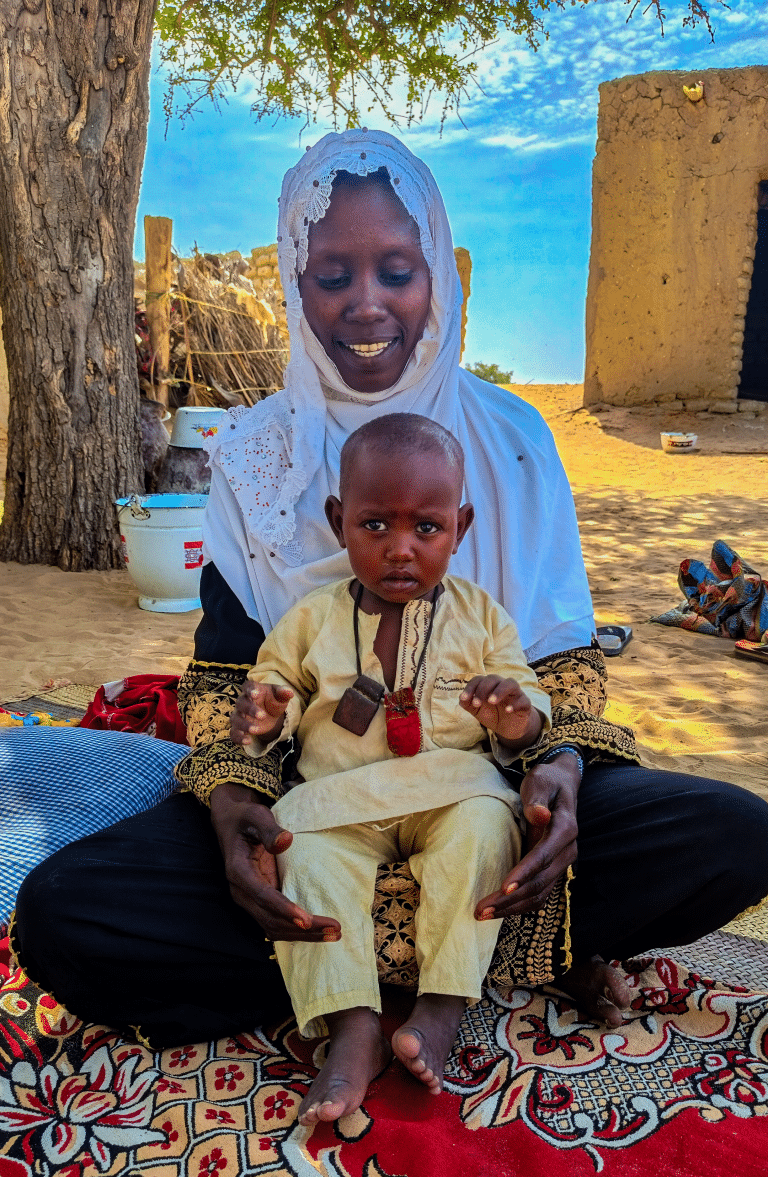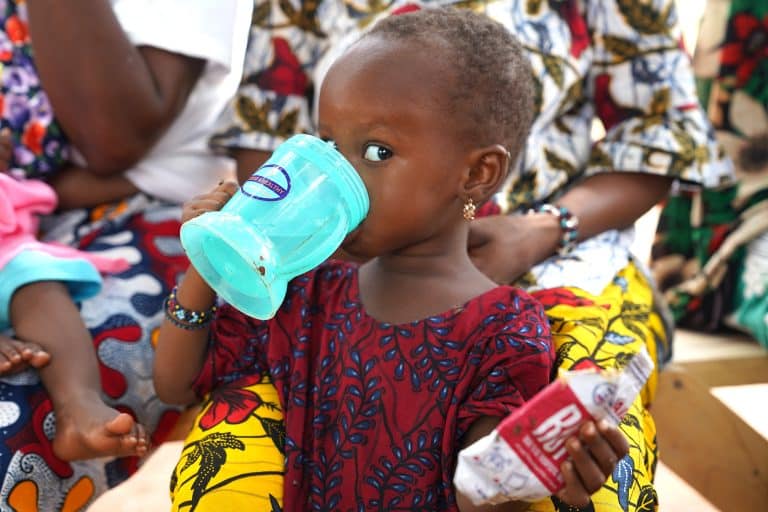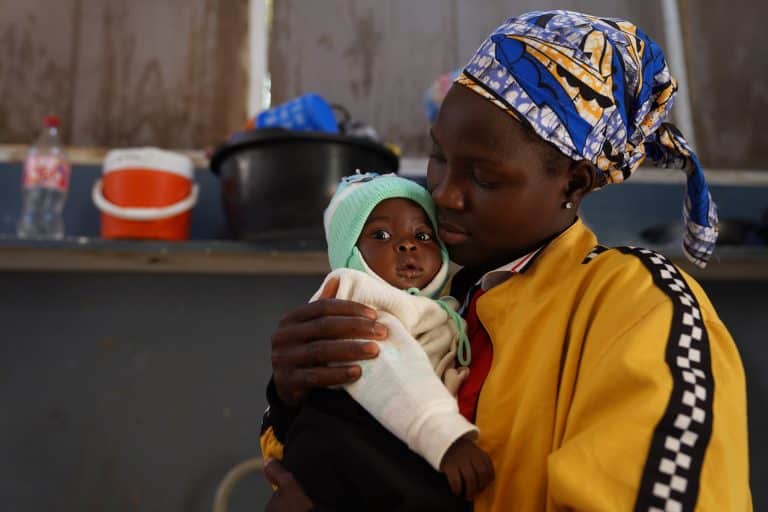What is your background and when did you join ALIMA?
I am a physician who studied in Kinshasa in the Democratic Republic of the Congo (DRC). I have over 12 years of experience as a doctor in humanitarian medicine.
In 2015, I joined ALIMA as Medical Coordinator for a health emergency response program in Katanga, DRC, a province affected by outbreaks of cholera, measles and population displacement.
I also held the position of Medical Coordinator in Cameroon where I oversaw medical care projects for refugees and Internally Displaced Persons (IDPs) in the north of the country, before becoming Medical Manager of the Emergency Department in 2018, which led me to join the NGO headquarters in Dakar.
Can you talk a bit about the scholarship system you benefited from?
I learned about the FIFI (Fonds Individuel de Formation Internationale/Individual International Training Fund) scholarship program in 2016 during a mission at headquarters. The program provides training opportunities leading to a qualification for employees of ALIMA or its partner NGOs. ALIMA covers half of the cost of the training.
I expressed my interest in the scholarship and chose my program of studies. That is how I got into the Master in Public Health program at the Institute of Public Health, Epidemiology and Development at the University of Bordeaux. The program includes two levels of Master’s studies. We were taught by distance learning, with two or three physical meetings in Bordeaux each year. I obtained my Master’s degree this year after three years of studies.
Why did you want to join this program of studies? What did it bring you?
When I decided to join the program, I had been working in the humanitarian sector for 10 years. I had gained a lot of experience in the field, but I lacked theoretical knowledge related to public health. Formal medical training teaches us how to treat individual patients but I wanted to develop a broader vision of health issues. Moreover, ALIMA is an organization that is very committed to research and many medical staff are not sufficiently trained in this area. Through my studies, I developed knowledge in epidemiology. Now I feel better equipped to work, for example, on the clinical trial we conducted in the DRC to find an effective treatment for the Ebola Virus Disease.
What does it mean for you to transform humanitarian medicine?
For me, to transform humanitarian medicine means always striving to do better in our profession as humanitarian doctors, and providing the means and knowledge necessary to deliver quality care for patients. Humanitarian medicine has improved a lot in 20 years, both in terms of care delivery and interventions design.
Transforming humanitarian medicine means strengthening our capacity to provide better care. It is also about disseminating new skills, sharing best practices so that others can do the same and the greatest number of people can benefit.
Cover photo: Dr. Papys Lame in front of the CUBEs (Biosecure Emergency Care Units for Epidemics) set up by ALIMA in Beni, Democratic Republic of the Congo, to respond to the 2018 Ebola outbreak.
© Jennifer Lazuta / ALIMA





